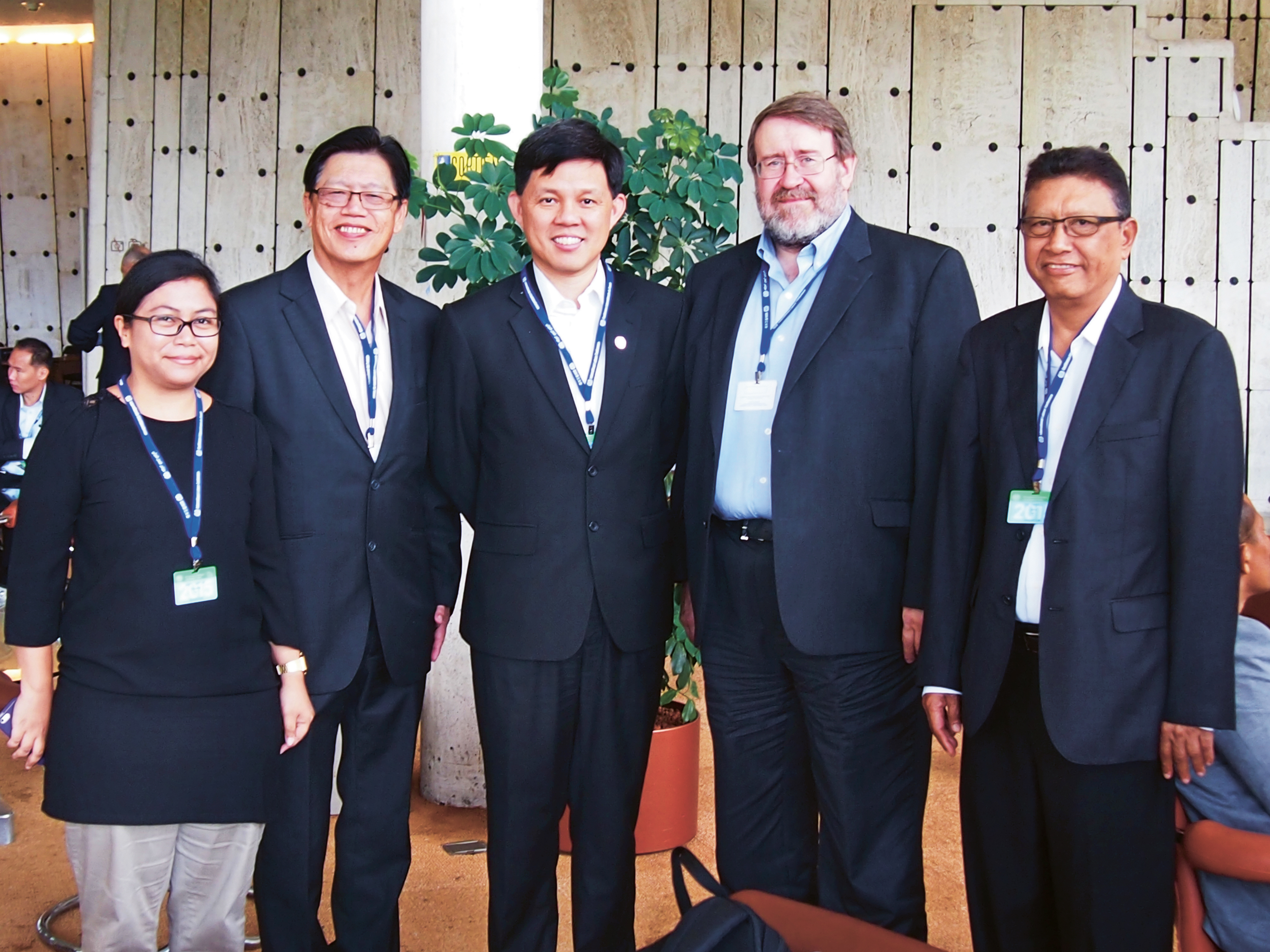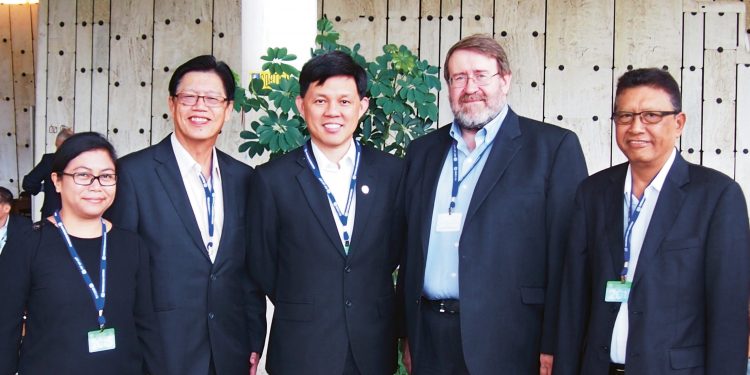
Last week, we shared an article on NTUC Secretary-General Chan Chun Sing’s thoughts on the relevance of tripartism in Singapore and of how some countries and their unions subscribe to their own tripartism models in their own nations.
In this second parter, we join SG Chan as he outlines two other challenges faced by the tripartite partners, and more importantly, how the NTUC intends to overcome these. They are Helping Workers in New Ways and Tackling Competition.
The PME Challenge
SG Chan observed that unions are but one means to help workers though the situation in several countries today point to a declining means of assistance for workers.
That is because increasingly, many new sectors in the Professionals, Managers and Executives (PMEs) arena don’t see unions as a model, says SG Chan.
This is also compounded by a higher frequency of job change by the PMEs and this meant greater difficulty in grooming union leaders.
But there is a way out.
SG Chan explained that the PMEs could see the Professional Associations and Guilds as alternative and complementary models to come together.
This is the approach that has been taken by the Labour Movement in Singapore through its U Associate Programme where linkages have been made with various professional bodies and industry associations to bring them the U Advantage of the Labour Movement.
To date, 21 bodies have tied up with NTUC under the U Associate programme.
Making The Breakthrough
Hence the need for the NTUC to make a breakthrough in its relationship with the PME sector and with the professional associations so as to add value to the PMEs in Singapore and also help them to be regionally and globally competitive.
SG Chan adds that this is the reason for the need to examine ways to work with the Human Resource (HR) directors in the non-unionised sectors and companies to reach out to workers who are not touched by the “union model”.
Tackle Competition Head-On
Turning to competition and the response of nations, SG Chan explained that the competition worldwide is for skilled labour and even third world countries are adopting robots today.
SG Chan cited the example of his visit to Yamazaki Mazak Singapore Private Limited in June as one that has incorporated machinery and automation into its production process to increase productivity
The company is the first with a ’cyber machine factory’, and the company’s investment in robotics and automation over the years has led to the transformation of the factory into a lean manufacturing system
The lesson for Singapore, says SG Chan, is – Singapore cannot, should not and must not compete on price, but on quality, innovation and trust in the country’s brand.

